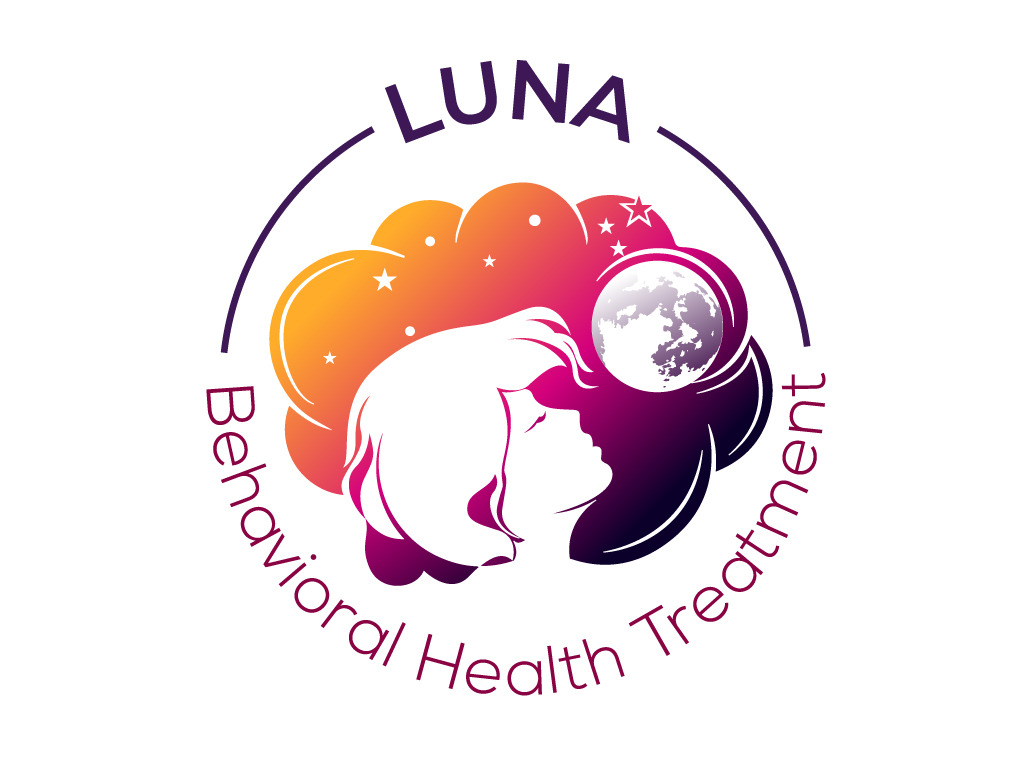
Building on behavior analytic applied research since 1960s, Early Intensive Behavioral Intervention (EIBI) is considered an evidence-based, comprehensive treatment for children with developmental disabilities (Matson & Smith, 2008).
EIBI is based on Applied Behavior Analysis principles and focuses on remediation of learning readiness skills, communication, imitation, visual spatial skills, pre-academics, self-help, and social interaction skills (Eldevik et al., 2009). The skill deficits are identified through a comprehensive assessment process and then taught on a one-to-one basis at home or schools using discrete trials combined with incidental teaching.


Research shows that EIBI is effective when it is both intensive (i.e., approximately 20-40 hours a week) and extensive (i.e., minimally two years) (Matson & Smith, 2008). Early intervention is the key to learning new behaviors. The EIBI begins as early as two years of age and would require 20–40 weekly hours of direct work with the client. The intervention is individualized and comprehensive, targeting learning readiness skills, communication, imitation, visual-spatial skills, pre-academics, self-help, and social interaction skills. The treatment goals are developed based on the typical developmental sequence. For example, when teaching play skills, first functional play is taught using toys, then parallel play, then reciprocal play, and then group play. As the skills are acquired, they are gradually transitioned to natural contexts.
We plan for generalization from the onset of the intervention. Generalization is programmed into each skill that is being taught. For example, when teaching to label a boy, the learner would be taught many ways, in different settings such as a park, library, and home. The learner would also practice with different individuals such as a therapist, teacher, caretaker, or friend.
`
